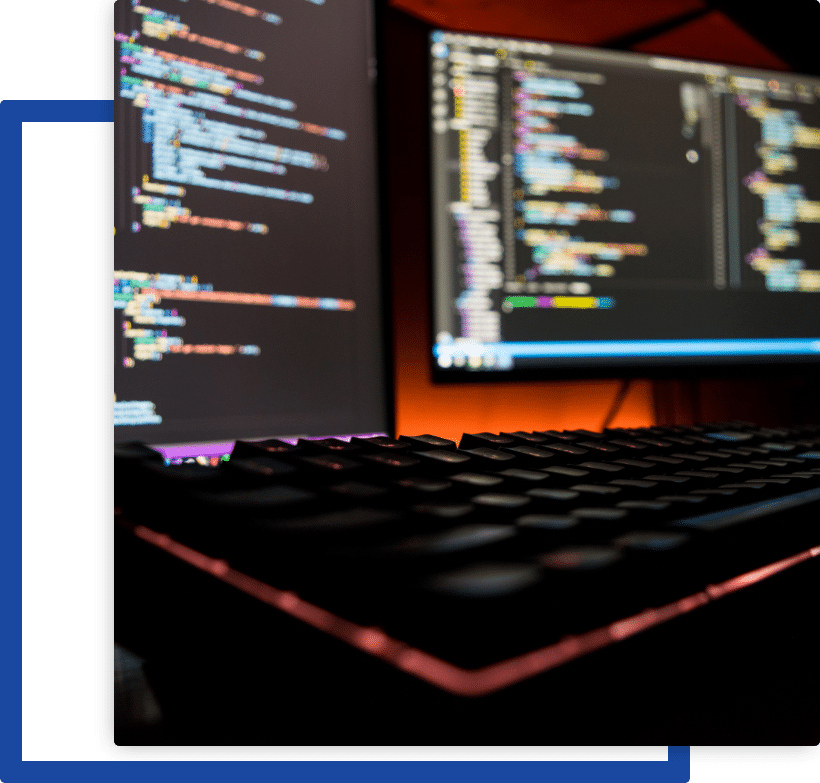Mutual Knowledge Systems
Use Web3 to
- Settle
- Sell
- Close
- Settle
faster
Mutual Knowledge Systems (MuKn) is committed to solving the hard problems in blockchain, including user adoption.
References
Integrating Crypto Transactions with Leading CRM, ERP, and BI software
Bringing Web3 to the corporate world
In 2023, MuKn released its first Web3 product for the corporate world.
Web3 Enabler is the App that enables crypto-payments in your CRM, to allow your automation manager or your sales representatives or your accounting department to interact with crypto-enthusiasts from all around the world.


MuKn Research
Since 2019, MuKn has been building custom tech for heavy hitters and smaller actors in the blockchain industry.
We also develop our own set of tools to make the Internet of tomorrow as decentralized and secure as it can be:
- Web3 Enabler for CRMs (Web3 Enabler)
- A programming language (Glow)
- Chain-agnostic state channels (Chenilles)
- Private blockchain
- Chain-specific technologies (see AVOUM, and Cross-Shard communication)
- AI-driven safety systems (see Formal Foundry)
On top of that, our team is regularly publishing papers in collaboration with the academic world.

MuKn Research
MuKn Studios: Helping build the Web3 Companies of Tomorrow
We help Web3 founders ideate and build their products. We help them find accelerators all over the world to bring their companies to market.
Newsletter
Subscribe to our newsletter to get future updates